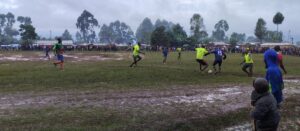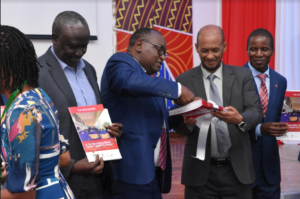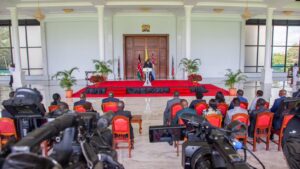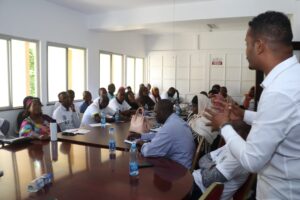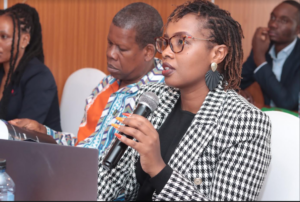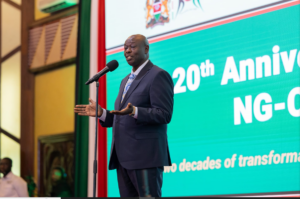University Perspective on CBC by Prof. John Akama
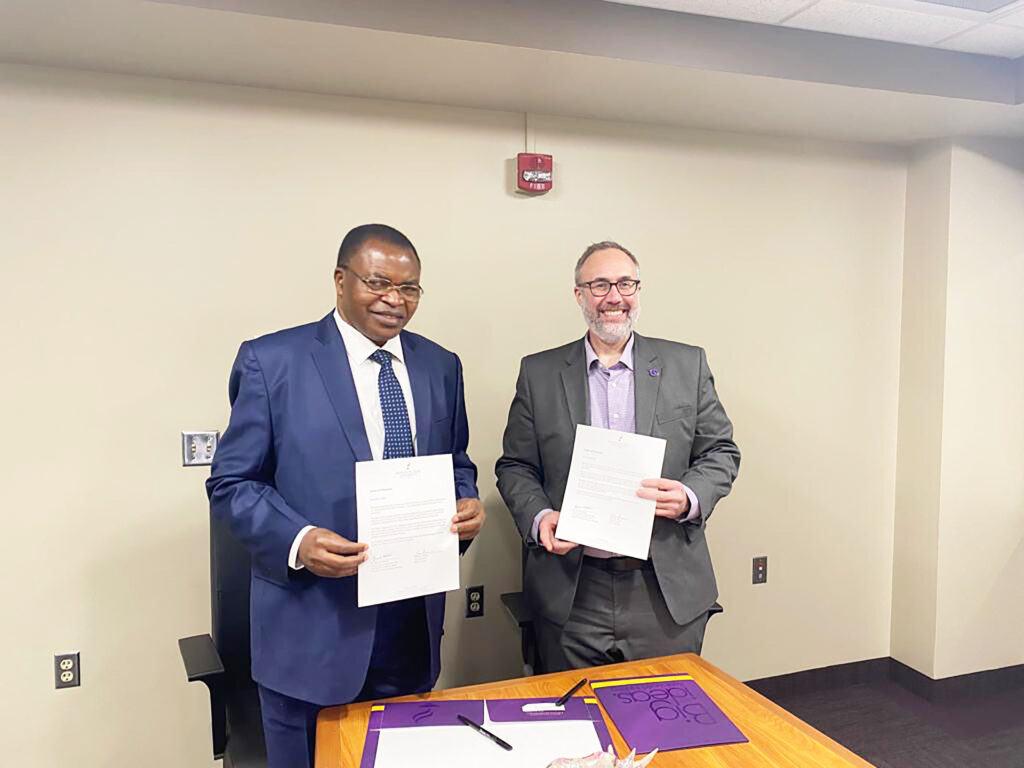
By John Kariuki
Kisii University Vice Chancellor Prof. John Akama has taken a moment to share with us his thoughts on the competence based curriculum (CBC).
“Firstly we ought to acknowledge that the competence based curriculum is a major paradigm shift from the old dispensation of the 8-4-4. The approaches of this CBC are equally distinct now that the CBC is a student centred learning as opposed to the former which was teacher-centred. This means that the role of the teacher automatically changes and the teacher becomes the facilitator. He or she is now required to allow students to undertake research, and to come up with some desired outcomes.
The pillar of evaluation is also totally different whereby under the competence based curriculum, the evaluation is formative and not summative. This is where the competencies which the student has acquired are going to be evaluated.
Now the question is how does someone apply those theories and concepts in real life issues?
The new curriculum is in itself very nice. The challenge and this is indeed where the rubber meets the road is the issue of Capitation in terms of human resource and teaching materials. The competence based curriculum is quite intensive because it requires heavy resourcing, infrastructure requirements such as teaching laboratories as well as well equipped workshops.
Proper staffing is also paramount and this therefore is something that requires a substantial investment. A lot needs to be done.
As universities (both public and private) our work is clearly cut out so there is need for varsities to have proper dialogue. We need to work closely with the Commission of University Education (CUE) and the experts in CBC, the Kenya institute of curriculum development so that we are able to completely transform the way we do our training.
We also need to change our approach to challenges so that we can be proactive instead of reacting when the damage has already been done. We should be bold in surmounting them.
The pioneer group which joined the Junior Secondary will premier in the Universities in the next six years and they have to be handled differently. The lecturers also ought to align themselves with these changes. For example: Are the lecturers ready to facilitate students ? Have we reviewed our curricula? The content of teaching needs to change and in fact all the faculties ought to be trained.
Prof. Akama also opines that overhauling education needs a system approach and that all the stakeholders ought to be engaged. The experts at the topmost tier do not know it all. What is critical is consultation with all the stakeholders and particularly parents. Yes it’s true that different stakeholders stick to divergent views but we should look into avenues of how to connect in a bid to build consensus if we shall achieve ownership of the policy framework that is going to be developed.
Prof. Akama’s final thought is that he hopes that the Presidential working party tasked with reviewing education reforms will come up with a comprehensive roadmap to reform the education system right from the basic, secondary all the way to university. Education system as at now is at crossroads. We need visionary thinking and innovative ideas.
Prof. John Akama is the Vice Chancellor of Kisii University.


